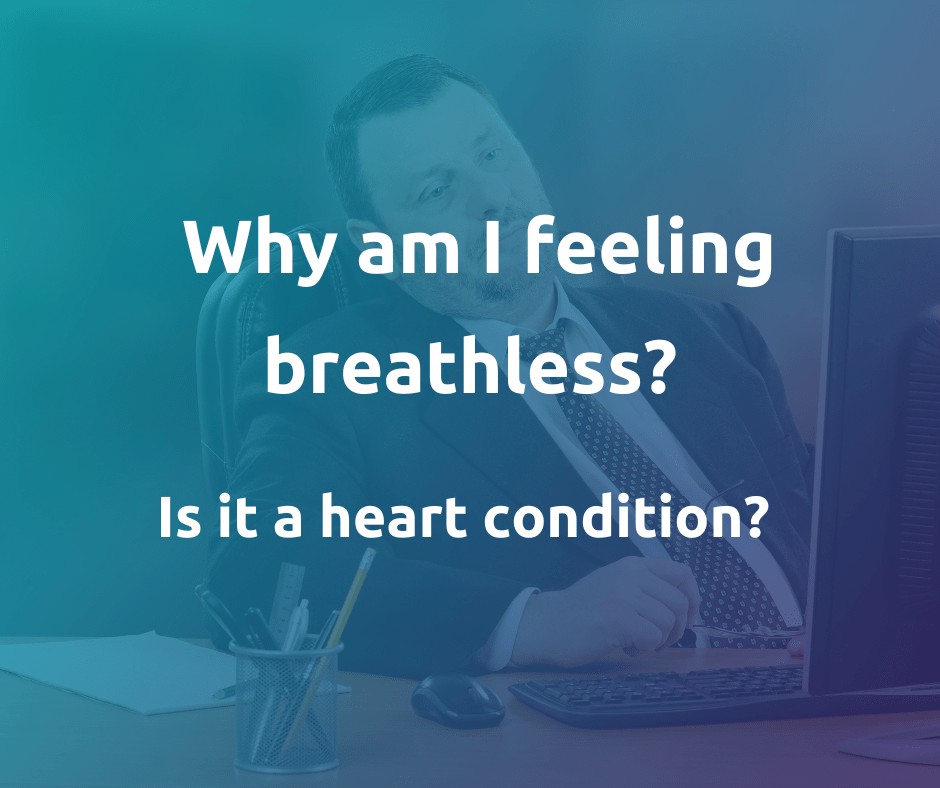Almost everyone has experienced shortness of breath at some point in their lives. The feeling is a familiar one. Your chest tightens, and you are unable to take deep breaths. It feels like you can’t get enough air into your lungs.
Shortness of breath, also known as Dyspnea can be frightening, especially if you’re unsure what caused your breathlessness or if it came over you suddenly. While in some cases, it’s perfectly normal to feel a little short of breath, it can sometimes indicate conditions like asthma, allergies, anxiety, or hint towards a lung or heart condition.
What Are the Main Causes of Breathlessness?
There are many causes of breathlessness, so you should see a GP about your symptoms if you’re not sure. Never self-diagnose. Remember that even if shortness of breath is not currently inhibiting you too much, it is good to seek medical advice for preventive screenings.
Not all breathlessness is caused by a condition. It might be brought about by lifestyle factors or stressors such as:
- Anxiety/ Panic Attacks
- Smoking
- Being overweight
- A chest infection
But in more severe cases, it could hint towards:
- Lung conditions. For example, chronic obstructive pulmonary disease (COPD)
- Scarring of the lungs
- Heart failure
- Lung cancer
- Asthma
When Should I Be Concerned About Breathlessness?
Make an appointment with your GP if:
- Your breathlessness lasts longer than a month
- You’ve been coughing for more than three weeks
- You have swollen ankles
- It gets worse when you lie down
- It worsens when you’ve been active
Seek an immediate emergency appointment if:
- Your chest feels tight or heavy
- You feel sick or are being sick
- You have pain spreading through your arm, back, neck and jaw
These symptoms may indicate a problem with your lungs or airways or even a heart attack. They must be evaluated as quickly as possible.
What Can I Do When I Feel Breathless?
When you feel breathless, there are a few things you can try to do to improve your situation.
- Find a comfortable and supported position to sit. Relax and catch your breath. You may find it helpful to take the weight off your feet, lie down with your head and knees supported by pillows, or sit forward in a chair with a table to support your head.
- Breathe deeply through the abdomen. Practising calm, deep breathing can help you in moments when breathlessness feels overwhelming.
- Identify and reduce triggers of breathlessness. This may include losing weight if you’re obese, avoiding exercise in high altitudes or hot weather, avoiding allergens and pollutants, quitting smoking, etc.
If you suffer from breathlessness regularly, get in touch with Venturi Cardiology today. Make an appointment with us to talk through your symptoms and identify the causes of your breathlessness.












